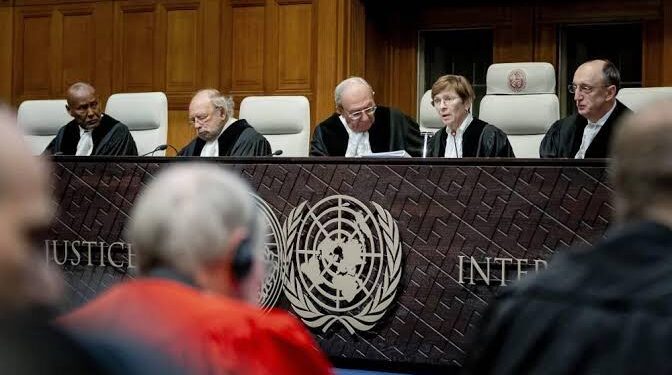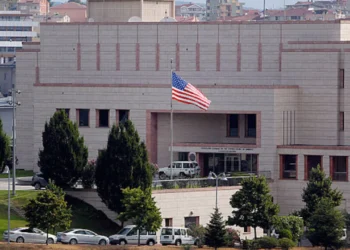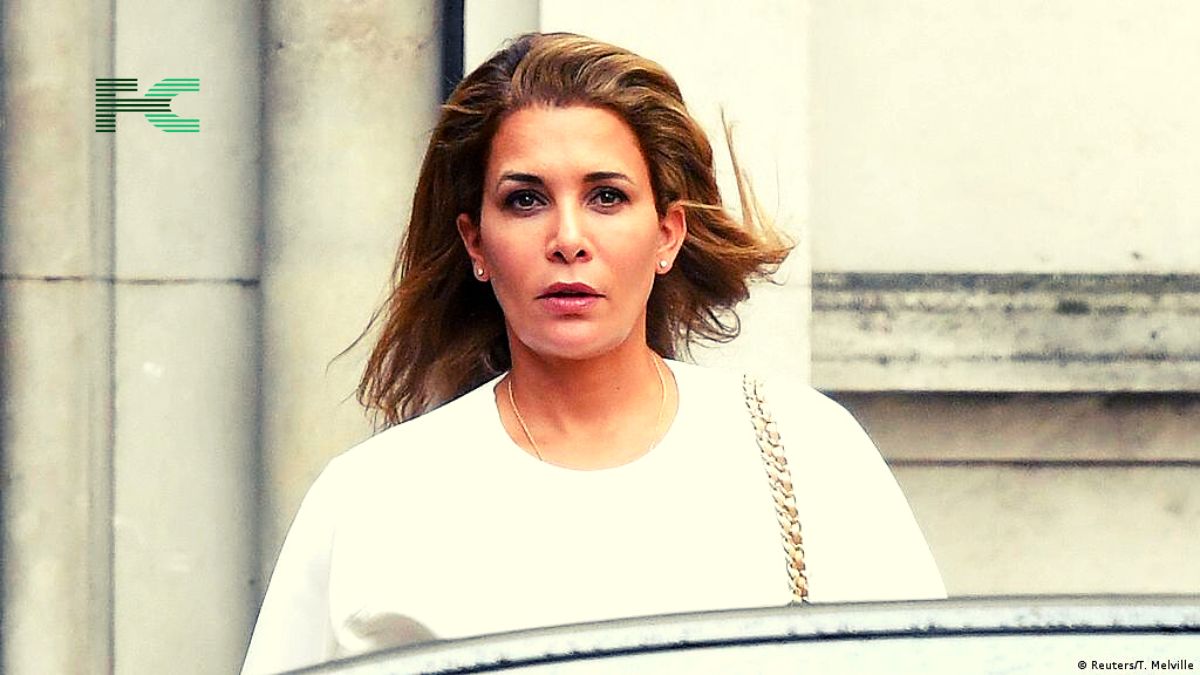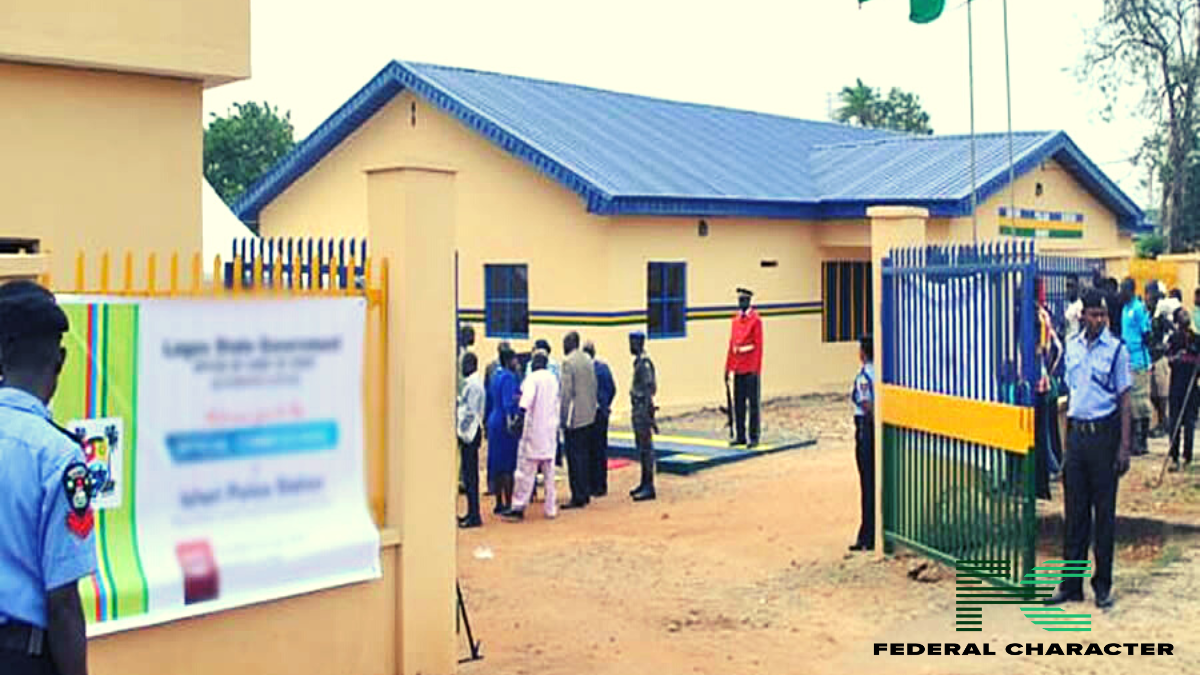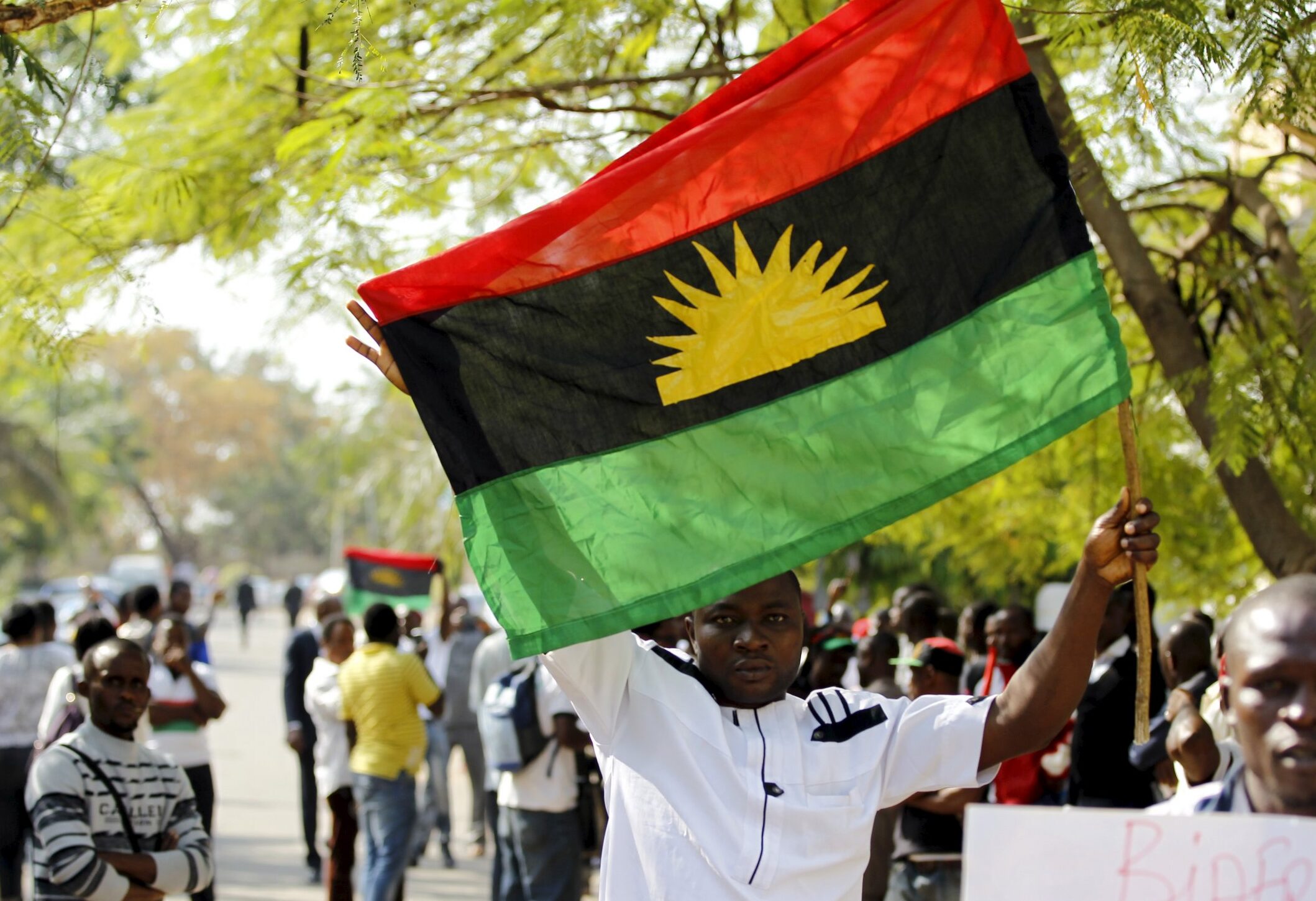The Israeli-Palestinian conflict has taken a new turn as South Africa has dramatically escalated its legal challenge against Israel at the International Court of Justice (ICJ), the highest judicial organ of the United Nations.
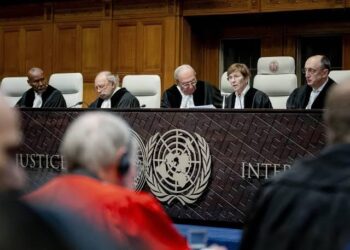
Genocide Accusations and Emergency Measures
This latest move comes on the heels of a January ruling by the ICJ in a case brought by South Africa. South Africa had accused Israel of committing acts of genocide against Palestinians. The court, in a landmark decision, ordered Israel to cease any actions that could violate the Genocide Convention and to ensure its troops refrain from genocidal acts.
Rafah: The “Last Refuge” Under Fire
Now, South Africa is urging the ICJ to take even stronger action. Citing the ongoing Israeli military offensive in Rafah, a city in the southern Gaza Strip, South Africa has petitioned the court for a series of emergency measures. South Africa calls Rafah the “last refuge” for Palestinians in Gaza, highlighting the critical situation for civilians trapped in the conflict zone.
Demands for Withdrawal and Humanitarian Access
South Africa’s specific requests are clear. They are urging the ICJ to order Israel’s immediate withdrawal and the cessation of all military activity in Rafah. Additionally, they are demanding unimpeded access for officials from the United Nations, humanitarian aid organizations, journalists, and independent investigators to enter Gaza.
A Controversial Landscape
This legal battle is unfolding against a backdrop of intense controversy. The Israeli-Palestinian conflict is one of the most complex and long-standing disputes in the world. South Africa’s move is certain to be met with strong reactions from both sides.
Humanitarian Concerns Take Center Stage
However, the human cost of the conflict is undeniable. South Africa’s focus on Rafah and its call for unimpeded humanitarian access underscores the urgent need for the safety and well-being of Palestinian civilians caught in the crossfire.
The ICJ: A Potential Pathway to Resolution?
The ICJ’s role in this conflict remains to be seen. While its rulings are legally binding, enforcement mechanisms are limited. Nevertheless, the court’s decisions can carry significant weight in the international community and potentially pave the way for a diplomatic resolution to the Israeli-Palestinian conflict.

